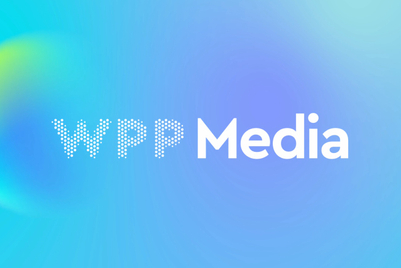
With the average time spent on a newspaper going down due to new ways in which readers are consuming news is forcing newspapers in India to reinvent themselves to not only retain but expand their reader base in future. This was the crux of a day-long Indian Newspaper Congress 2008 held at the capital on May 16. Comprising conclaves and panel discussions, the INC saw some industry stalwarts such as Ashish Bagga, CEO, Living Media Group; Maheshwar Peri, publisher, Outlook Group; Tarun Tejpal, CEO and editor-in-chief, Tehelka and Pradeep Guha, CEO, Zee Entertainment participate in the discussions, the theme of which was 'How do newspapers and news organisations reinvent themselves in the convergence area?'
That newspapers are the single largest players in the advertising market, with a market share of nearly 48 per cent, as pointed out by Sam Balsara, chairman and MD, Madison Communications, is no secret. However, with increased dependency on advertising revenues, bloody price wars and new niche segments emerging by the day, Rajdeep Sardesai, editor, CNN-IBN pointed out, "Every large news organisation has to see itself as news media as the battle in is going to be of ideas, talent and innovation."
While debating the issue, 'Are we headed for a free newspaper era?' that didn't find much support, Vikram Sakhuja, CEO, Group M India, said, "A free product loses its brand value big-time, while also making the entry and exit barriers zero." The pressure would then be on the advertiser to fund the product in a country that already boasts of producing the cheapest newspaper in the world. In the session about 'Research – catalyst or hindrance', while some panellists felt a need for better sampling and research methods, most agreed that research, per se, is an important tool. Said I Venkat, founder, Nimmagadda Foundation. "It is vital to find out what is being bought, how and who is reading what?"
Summarised Rajiv Verma, CEO, HT Media, "You have to deploy your resources in a pragmatic way, directionally, if you are in the newspaper organisation, to generate future profit pools."



+(900+x+600+px).jpg&h=268&w=401&q=100&v=20250320&c=1)

.jpg&h=268&w=401&q=100&v=20250320&c=1)

.jpg&h=268&w=401&q=100&v=20250320&c=1)

.png&h=268&w=401&q=100&v=20250320&c=1)
